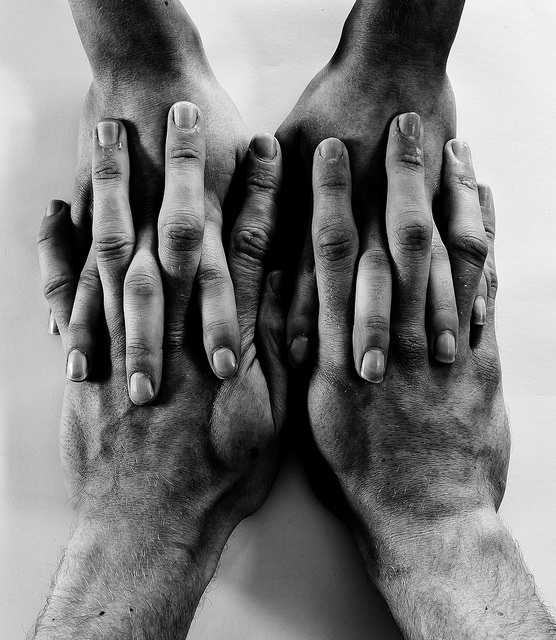
I just facilitated a workshop, where people were afraid to speak up.
There was silence, a awkward, heavy silence, where there were many words that wanted to escape, but people kept them all locked up inside.
It was heavy, suffocating, and dangerous.
Dangerous not only for the team, for the company, but for the persons and the relationships that they have.
But there’s a better way, to be deliberate in having a better culture and environment.
What is psychological safety?
It’s when you feel safe enough to be yourself, and to express what you want, in the present environment.
When you feel accepted enough to take risks, make mistakes, and develop in a positive light.
It’s having the safe space to say what you want, what you mean, and to make mistakes, and to not have that taken against you, or to be used against you.
A feeling of safety, acceptance, and accountability.
I remember my very first mentor. She made me feel my opinions were valued, encouraged me to take risks, and took none of my mistakes against me, yet still holding me accountable for delivering.
I felt as if I could go against her opinion, and that she would consider it, at least.
That was my first taste of an environment at work, with psychological safety. People safe enough to say that they’ve got each other’s back, and that they wouldn’t throw anyone under the bus, so to speak.
How do you create an environment of psychological safety?
Encourage mistakes
And by this, I mean supporting and encouraging people to take risks.
There are times where people can come up with innovative solutions, outside of what’s currently being done, or that hasn’t been tried before.
What kills innovation, is the feeling that making a mistake will cost you, and will be taken against you, negatively. That kills the innovation, experimentation, and imagination of people.
Encourage people to try new things, break stuff, make mistakes, and experiment along the way. All of this, without the judgement, blaming, backbiting, and resentment.
Keep people accountable
One way to create a safe environment, is to keep people accountable.
Keep them accountable not to what the boss expects, or to what numbers dictate.
But keeping them accountable to what they set for, to what they want to do, how they do it, and in the way agreed.
In a video, Dr. Covey shared that you cannot hold people accountable for results, if you dictate or set their methods. No to micromanagement.
This builds respect, and a sense that there are consequences for negative behavior, and at the same time, rewards for positive behavior. That which builds up the culture, and other people.
Be available
Because a closed door, and a closed mind, is the fastest way to create a dangerous environment.
Be available to help other people, even by offering different viewpoints, and sometimes clearing the path for their success.
Be available to support other people, when they ask for help, in the manner that they ask for it. This tells them you’ve got their back, and at the same time, reinforces accountability.
Be available to listen to them, and the hear them out. Cries for help are usually disguised as vague statements, or even outright criticism or hostility. Hear them out, with no judgements.
Creating a safe environment also means that you’re able to pinch in and provide support when somebody in your team needs it.
Remove fear
Because when there’s danger in the environment, people feel fear.
The fear of being ridiculed.
The fear of not being taken seriously, or of my opinions not being valued.
The fear of judgement, bullying, or outright ignoring.
We feel it, deep inside, and it affects what we do, and how open are we in towards each other.
How do we remove fear? It’s in the way we talk, and walk. Our tone of voice, and body language, says it all.
What matters more is how you say it, rather than what you are saying.
Learn to articulate what is going on, in a neutral way, coming from your own perspective. This goes a long way to saying what needs to be said, and getting it out there.
Grant Cardone, master salesman, shared that the greatest objection to any sale, is the one left unspoken. Progress begins when people open up and share, and get the ball rolling.
We all want to be safe
And we all want to be in environments where we can be ourselves, not have to put up defenses, and openly discuss, appreciate, debate, decide, and support each other.
And it all begins with psychological safety.
It all begins with ourselves.
What behaviors at work make people feel safe? Please share in the comments below!

Leave a Reply